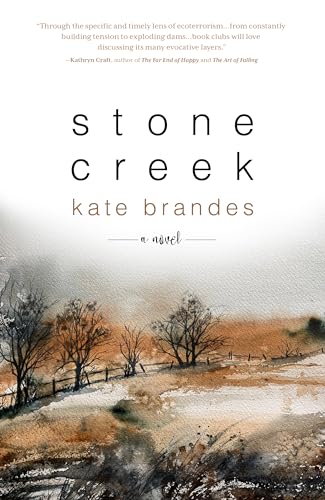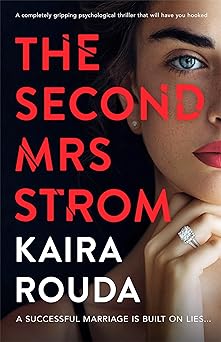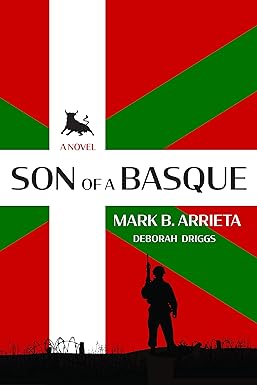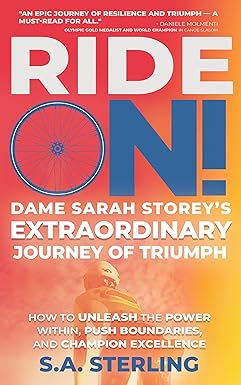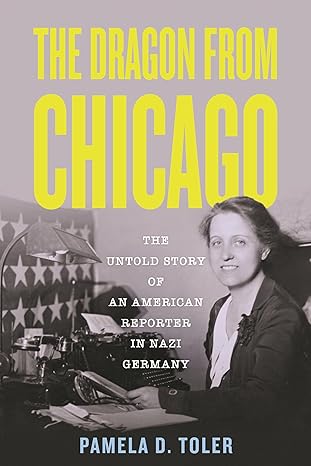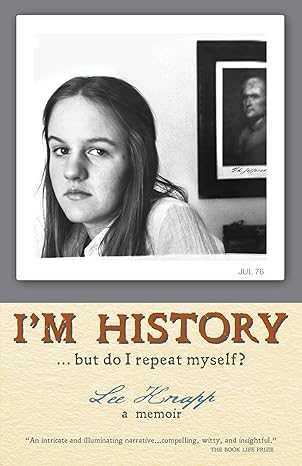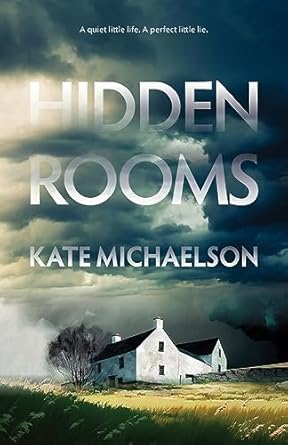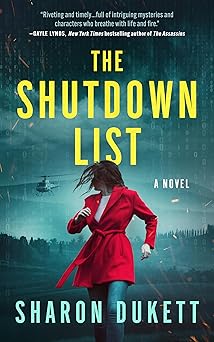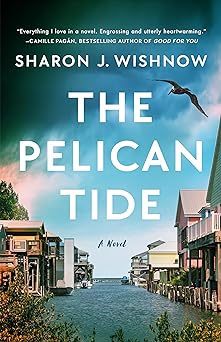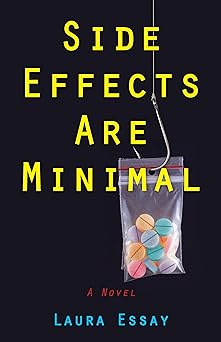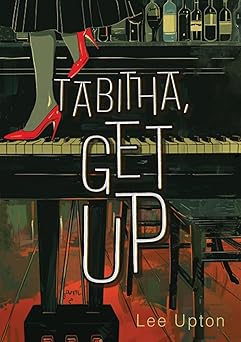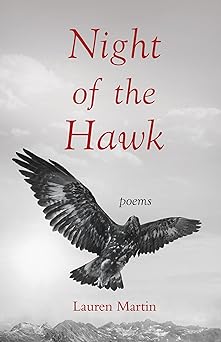FOUR TIPS FOR SUCCESSFUL CO-WRITING
By Tracy Badua
Writing can be such a solitary pursuit: just you and a writing instrument, for hours on end. But it doesn’t have to be.
For our upcoming middle grade book, Alechia Dow and I worked together in outlining, drafting, revising, and stress-baking over The Cookie Crumbles, a murder mystery centered on a kids baking competition. Co-writing can be a fantastic method to play up each writers’ strengths, bounce around ideas and bust through writer’s block, and work more efficiently overall.
However, choosing the wrong type of work or even the wrong type of co-writer can leave a project dead in the water or, worse, ruin a friendship. Here are four tips on crafting a successful business relationship with a co-writer.
1. Communicate
Any well-running relationship – friendship, family, business, even the one with your dry cleaner– requires clear communication. This doesn’t mean you have to have formal meetings or chat every single day, but you should know the best ways to reach each other for the purpose of writing the book.
Alechia and I don’t live anywhere near each other (which is unfortunate, because I hear she’s a phenomenal baker). We generally chat over WhatsApp and via email, and we know that 2sometimes, it’s faster and more efficient to hash out larger issues over a phone or video call.
Once you’ve chosen your methods of collaboration, keep them open. Life may get busy, but if your co-written work and your relationship with your co-writer are priorities, then make time to check in and ensure you’re planning ahead, addressing any obstacles, or simply connecting and remembering why you chose to work together in the first place.
2, Clarify your expectations
Establishing clear roles and responsibilities early on in the collaboration process can help make sure work is split equitably and that small bumps in the road don’t turn into mountains later on. Have frank conversations on what you’re hoping to do and get out of this collaboration. How will you draft the chapters? Is it okay to edit each other’s work? What is the timeline for completing the project?
Alechia and I already had a working relationship as critique partners, so we had general ideas about how quickly each other works and what other projects or priorities may speed up or slow down our writing lives. But co-writing required even more involvement and communication. There are different approaches we could take to a murder mystery: we had to decide together whether we wanted our story tense and scary or lighter and infused with humor. In terms of logistics, we also knew when each others’ kids were on school breaks, which meant that work could trickle to a stop. If I wasn’t going to be able to work on something right away, I’d try to let Alechia know so she wouldn’t be waiting around for me to complete my portion of something. By communicating clearly and frequently, we were often able to step in, lend a hand, or cover for each other when needed.
Getting on the same page about who is doing what and when will help the co-writing process run more smoothly.
3. Make sure your work styles match
Part of clarifying those expectations in working together is identifying any ways in which your work styles may conflict. For example, how much planning will you do upfront? A diehard plotter may drive a pantser up the wall with their insistence on outlines and knowing what’s next. A pantser may lose interest in a project that is so pre-planned that the joy of discovering characters and plot twists and turns diminishes.
I know that my love of spreadsheets is not shared by everyone. At one point in our writing process, Alechia and I needed to sort out a lot of complex feedback and come up with a revision plan. She wrote out her version of an edit letter, and I created a spreadsheet. We both did what worked best for us to analyze the feedback, and we shared our edit letters and spreadsheets with each other as tools for discussion.
Having brains that work differently is a good thing in a co-writing situation: you want each of you to bring something fresh to the table. Being flexible and open to switching up your own processes and traditions can help you not only succeed as co-writers but grow as writers yourselves.
4. Get on the same page about what will happen if it doesn’t work out
No one likes to think about bitter ends at the sweet beginnings. But there’s a reason Hollywood is abuzz anytime a celebrity enters (or tries to exit) a pre-nup. Protecting yourself and your career is important and always a wise investment, even if you have to sit through an awkward conversation or two.
At the suggestion of our literary agents, Alechia and I entered into a co-writing agreement that spelled out our rights and obligations.
Before you get started writing, discuss what each of you will do with the project if you hit a stumbling block. For example, sometimes one author is unable or unwilling to complete their portion of the project, or the completed work doesn’t make it to whatever finish line (like getting bought by a publisher). What will happen to the parts of the work that each of you has written? What about the overall idea? Will one of you be able to rework, rewrite, and resell it? How will you be compensated?
By now, you’ve noticed the larger theme of this piece: communicate. When trying to shift a friendship into a professional partnership, it’s not enough to assume you’ll stay friends and figure out an amicable way forward. Laying everything–the good and the bad– out there at the beginning means you’ll have a strong foundation for a successful collaboration. And once you have that thought-out plan in place, you can now focus on the fun part: the writing itself.
—
Tracy Badua is an award-winning Filipino American author of books about young people with sunny hearts in a sometimes stormy world. By day, she is an attorney who works in national housing policy, and by night, she squeezes in writing, family time, and bites of her secret candy stash. She lives in San Diego, California, with her family.
More from Tracy:
TikTok: @tracybwrites | Instagram: @tracybaduawrites | Facebook: @tracybwrites | Twitter: @tracybwrites
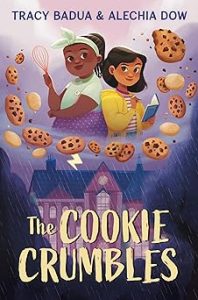 The Great British Bake Off meets Knives Out in this fun and propulsive middle grade novel following two best friends who must solve the mystery behind a baking competition gone awry.
The Great British Bake Off meets Knives Out in this fun and propulsive middle grade novel following two best friends who must solve the mystery behind a baking competition gone awry.
Laila gave Lucy a cupcake on the second day of kindergarten, and they’ve been inseparable ever since. But the summer before eighth grade, they find out that since they live on opposite sides of town, they’ll go to different high schools. Yuck!
Then Laila’s invited to compete at the Golden Cookie competition, which awards its winner admission and a full ride to the prestigious Sunderland boarding school, and it’s the perfect opportunity. Sunderland doesn’t just have an elite culinary program; it’s also home to an elite journalism track, if only newscaster-hopeful Lucy could build up a strong enough portfolio to impress the scholarship committee.
But when one of the celebrity judges collapses after sampling Laila’s showpiece, rumors of foul play swirl, with Laila rising to the top of the suspect list. Even worse, a major storm has effectively cut off all access to the outside world.
Can the girls find the real culprit and clear Laila’s name before it’s too late?
BUY HERE
Category: How To and Tips




